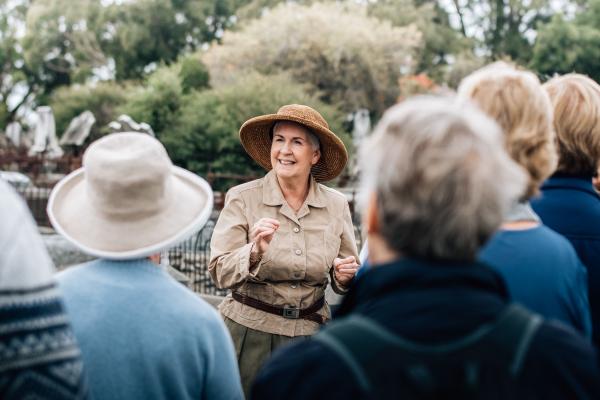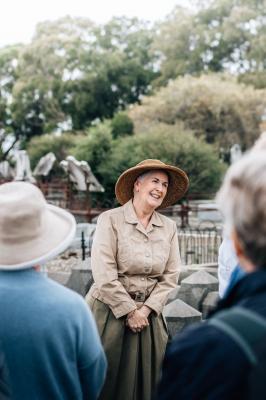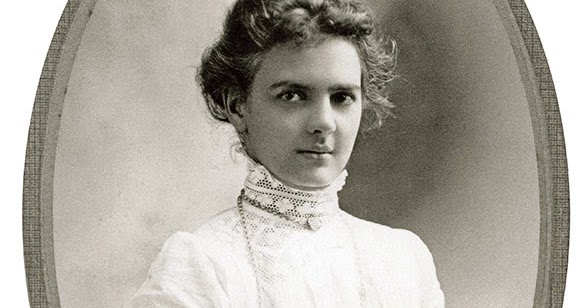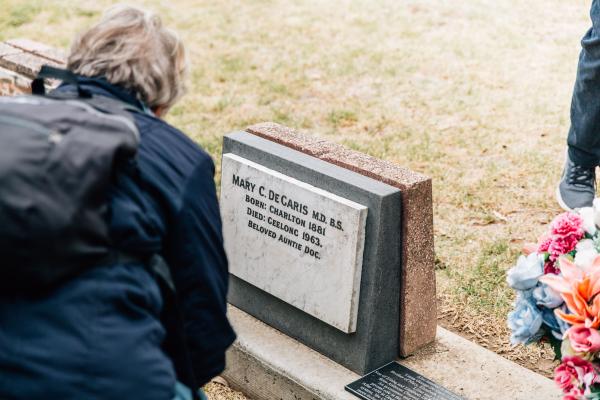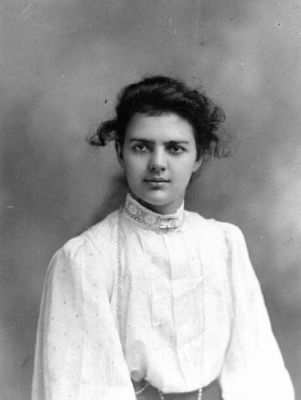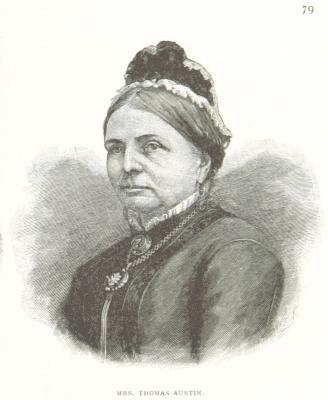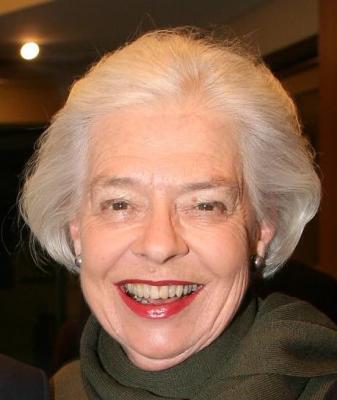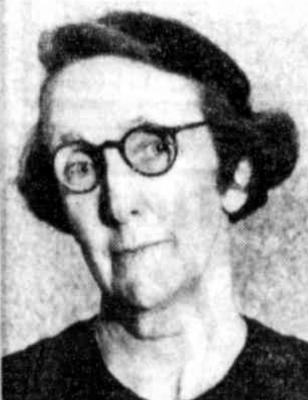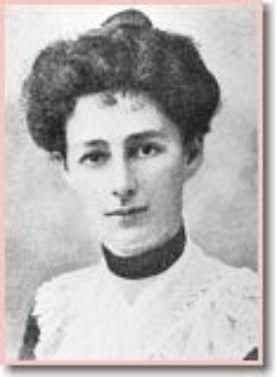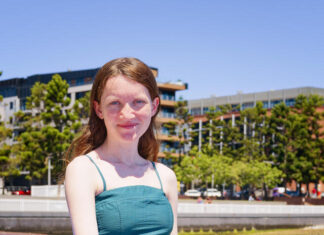Belmont nurse and actress Reyna Hudgell was among the last of 3000 babies Geelong’s first female doctor Mary De Garis delivered in her distinguished career. So who better to portray her onstage?
She speaks with Luke Voogt about the woman who welcomed her into the world.
Doctor Mary De Garis was the first person Belmont nurse and actress Reyna Hudgell met when she was born in 1960.
So her latest role portraying Geelong’s first female doctor, in a show celebrating women who shaped our city, is all too fitting.
Hudgell was one of the last of 3000 babies that Dr De Garis delivered in her distinguished career spanning half a century.
“I don’t know if she introduced herself, I certainly didn’t,” Hudgell laughed.
“She delivered me in 1960 and died in 1963 at age 81 – she was 79 when she delivered me.
“I was one of the last ones she delivered, perhaps the last.”
Hudgell has spent the past year getting to know the woman who brought her into the world.
“She was a plain and simple woman, never one for grandstanding,” she said.
“She believed a good and fulfilling life was the best mark to leave, and she believed that you can get no better memorial than that in people’s memories.
“Even her headstone is very plain. Apparently, the only memorial she wanted was the good that she did.
“She left a legacy of memories in many parts of the world.”
Mary Clementina De Garis was born the eldest of six children to Mildura clergyman and irrigation pioneer Elisha Clement De Garis and midwife Elizabeth Buncle in 1881.
Her parents had the money to put her through Methodist Ladies’ College in Melbourne, where she was dux of her year and in 1900 she was the 31st Victorian woman to enrol in medicine.
After graduating the University of Melbourne, she became just the second Victorian woman to obtain a doctorate in medicine and began working at Melbourne Hospital, now Royal Melbourne Hospital.
“A lot of people refused her assistance because she was female, so she was determined to be the most efficient medical practitioner in the place,” Hudgell said.
Dr De Garis worked in Queensland, travelled to the US and the UK for postgraduate study, and eventually moved to an outback town in western New South Wales.
“There she met the love of her life, Colin Thomson,” Hudgell said.
They got engaged in 1914 before Colin joined the Australian Imperial Forces to fight in World War I, and sailed to Gallipoli.
But the army rejected Dr De Garis application to enlist as a doctor, as back then women could only work as nurses in the military.
“So she paid her own way to London hoping to be with him if he was injured,” Hudgell said.
On August 4, 1916, while working at Manor Hospital in London, she received heartbreaking news of her fiancée, following the Battle of Pozières.
“She was notified he had been killed in France.”
But despite her grief, Dr De Garis remained determined to do whatever she could for the war effort.
“She was such a strong woman,” Hudgell said.
She joined the Scottish Women’s Hospitals organisation and eventually sailed to Macedonia where she became chief medical officer of a 200-bed tent hospital for the Serbian Army.
Serbia lost hundreds of thousands of soldiers and civilians fighting the Austro-Hungarian Empire, and its army had a far higher casualty rate than England, France, Germany and Russia.
“In my monologue as her I say, ‘I saw enough death and destruction to last a lifetime’,” Hudgell said.
“I think she saw some pretty heavy stuff.
“She only left in September 1918 after she heard of her mother’s death, and then she arrived back in Melbourne in 1919.”
By April 1919 she had moved to Geelong to practice as the city’s first female doctor. She remained Geelong’s only woman doctor until 1941.
“She found her war hero status quite useful in lobbying for better female medical care,” Hudgell said.
Dr De Garis persuaded Geelong Hospital’s committee to build its first maternity ward, and later introduced antenatal and postnatal care.
According to Hudgell, she helped reduce the infant mortally rate from an all-time high in the 1930s to effectively zero.
In 1940 the mortality rate of mothers in childbirth in Australia was about one in 200, compared to one in 250,000 today.
“They apparently delivered more than 1000 babies in Geelong without a death,” Hudgell said.
Dr De Garis published more than 40 articles and letters in the British and Australian Medical Association journals, along with five books.
“When I was a child my late mother used to say, ‘old doctor Mary De Garis delivered you’,” Hudgell said.
Her birth certificate bears the name of the pioneering doctor, whose contribution helped make women taking up the profession normal.
Several years ago Hudgell began acting in shows at Geelong Eastern Cemetery penned by local playwright Colin Mockett.
Then, she watched theatrical comrade Jocelyn Mackay portray the woman on her birth certificate for the first time.
“I listened to the story and thought, ‘wow, what an interesting woman!’” she said.
“I’m also a registered nurse out at McKellar Centre, caring for people with dementia, so I feel quite an affiliation with her.”
When Mockett began writing an all-female show, Hudgell jumped at the opportunity to play Dr De Garis.
“I think it’s a real privilege to play someone so inspiring,” she said.
Mockett’s latest show, Strength and Grace – Strong Women Who Helped Shape Geelong, is set to debut at the Potato Shed on June 8.
Hudgell joins Mackay, Shirley Power, Emma Jones and Carrie Moore, in portraying the women who shaped Geelong.
The show is based on historical figures in Mockett’s cemetery plays, including squatters Anne Drysdale and Caroline Newcomb who ran their sheep station “as efficiently as any man”.
Philanthropist Elizabeth Austin, leading Geelong suffragette Henrietta Dugdale, and the city’s first female mayor, Zillah Crawcour, also appear in the show.
“When I was writing all the monologues I thought, ‘this is too good for just a cemetery tour, this needs to be a stage show’,” Mockett said.
The play even pays tribute to two women still living, City of Greater Geelong’s first mayor following amalgamation in 1993, Barbara Abley, and innovative health administrator Patricia Heath.
The latter planned to attend the June 8 show, Mockett said.
“I interviewed Patricia quite extensively to get the story and she has run through it quite thoroughly.”
Details: geelongaustralia.com.au/potatoshed


